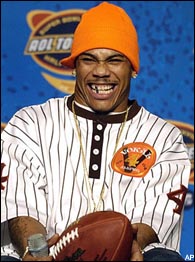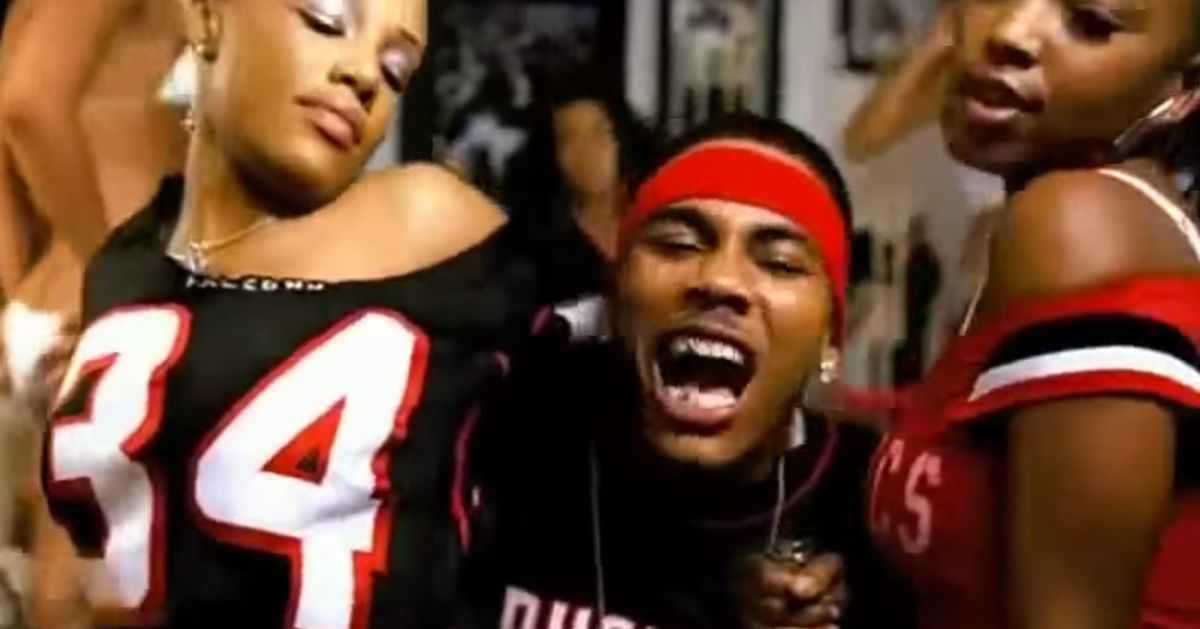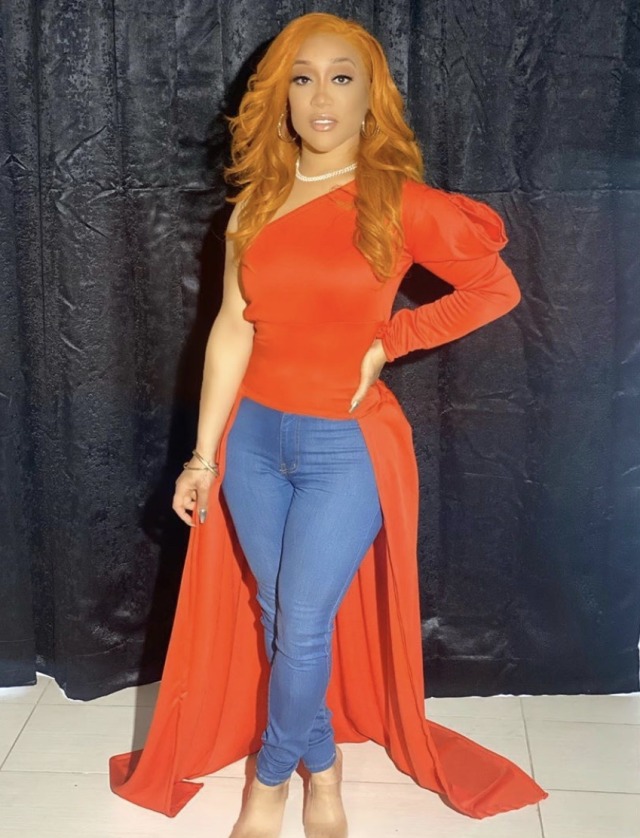

It’s in cable, which was very new at the time. I can join a communications/media company. So when Bob Johnson offered me the job, I was like, Well, this is perfect. So as I was leaving the firm, I did a lot of interviewing in New York, but I wasn’t really ready for New York. I was always interested in the communications industry and media, but that was kind of hard to do in Washington. Bob Johnson offered me a position as vice president and general counsel. I had done some outside counsel work for them for a couple of years.

Then, it was time to really decide what I wanted to do in life. So I went to a big law firm, stayed for about five and a half years. I thought I was going into government, but the Republicans won, and I didn’t want to go into a Republican administration. So when I came out of law school, I clerked for a year. I talk in my book about how I never wanted to be a lawyer. Tell me a bit about what that was like starting out, being the only one and trying to make a name for yourself.ĭebra: It was challenging, but exciting.

Lindsay: You’ve been such a trailblazer for women and women of color in the industry, particularly Black women working in entertainment. I found that disturbing and I was like, Why aren’t there more of us? That gave me extra push to write the book and tell my story, and kind of look at some of the issues that we face as women in the c-suite and as Black women. Then, also, when I stepped down I noticed, looking around, there are still very few Black female CEOs. That kept me home and off a plane for two and a half years. Retirement has been very busy, but I knew I always wanted to write a book. I figured that was a good ending to the book (it starts with my childhood), so that’s why I did it. I had accomplished almost everything I wanted to accomplish at BET, so I stepped down. At that point, I had been with the company 32 years and CEO for 13. Why did you feel like right now was the right time for you to move into a different chapter and tell your own story?ĭebra: Well, four years ago I stepped down from BET. Lindsay: You’ve been in the industry for over 30 years. They go over the knee and they look great with everything. But my favorite pair, I must say, is a pair of Khaite patent leather boots for the book tour.ĭebra: Oh my God they’re so comfortable. They have nice pumps and I’ve been wearing a lot of their things. What shoes are you wearing right now or what are your favorite shoes to wear?ĭebra Lee: Right now I’m wearing UGG slippers so I won’t slip on my wooden stairs. On this show, we always ask about the literal shoes on the feet of our guests. We’ll explore how they found their path, what got in their way, and how they think about bringing others along now that they’ve arrived. On this show, I get to talk to people that we love and admire or just find interesting.

I’m Lindsay Peoples, editor-in-chief of the Cut. Lindsay Peoples: Welcome to In Her Shoes.
Nelly uncut tip drill full#
You can also read the full transcript below.
Nelly uncut tip drill for free#
To hear more about Lee’s time at BET, from navigating an abusive relationship that spanned both her personal and professional lives to sending a camera crew to film her daughter’s junior-high-school playoff game when she was unable to attend herself, listen and subscribe for free on Apple Podcasts or wherever you listen below. If we put it on BET,” she recalls, “they would say we were destroying the race.” After airing the music video for Nelly’s “Tip Drill,” for example, a minister bussed his congregation to Lee’s house every Saturday for seven months to protest explicit content. On Bravo, when they were watching Real Housewives of Atlanta, they could call it a guilty pleasure. “On VH1, they could call it a guilty pleasure. In the book and on the podcast, Lee reflects on her career and the “heavy burden” that comes with “setting the standards for our community.” As the only network at the time targeted to African Americans, the audience had high expectations.
Nelly uncut tip drill plus#
That realization, plus being stuck at home because of the pandemic, spurred Lee to write her memoir, I Am Debra Lee. As in “the only Black person in the room, the only Black woman, sometimes the only woman.” That hadn’t changed much by the time she retired in 2018. “I was a unicorn,” she tells Cut editor-in-chief Lindsay Peoples on this week’s episode of the In Her Shoes podcast. Lee spent 32 years at the network, her last 13 as CEO. The former CEO of BET may not be a household name like Oprah and Shonda Rhimes, but there’s no question she stands shoulder to shoulder with them in shaping Black culture. “It’s still lonely at the top, and especially for Black women.” Debra Lee would know. Photo-Illustration: The Cut Photo: Sharon Suh


 0 kommentar(er)
0 kommentar(er)
